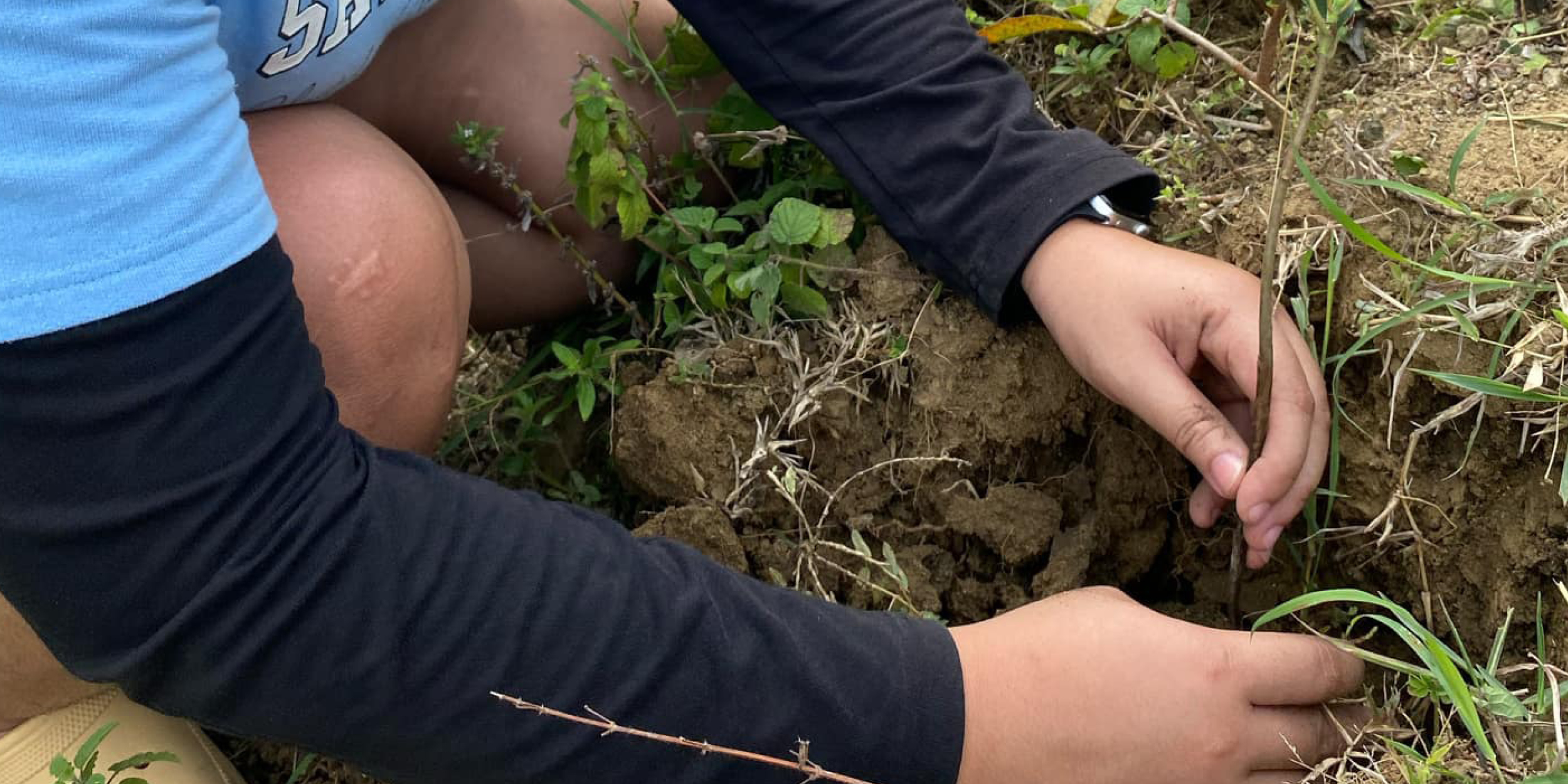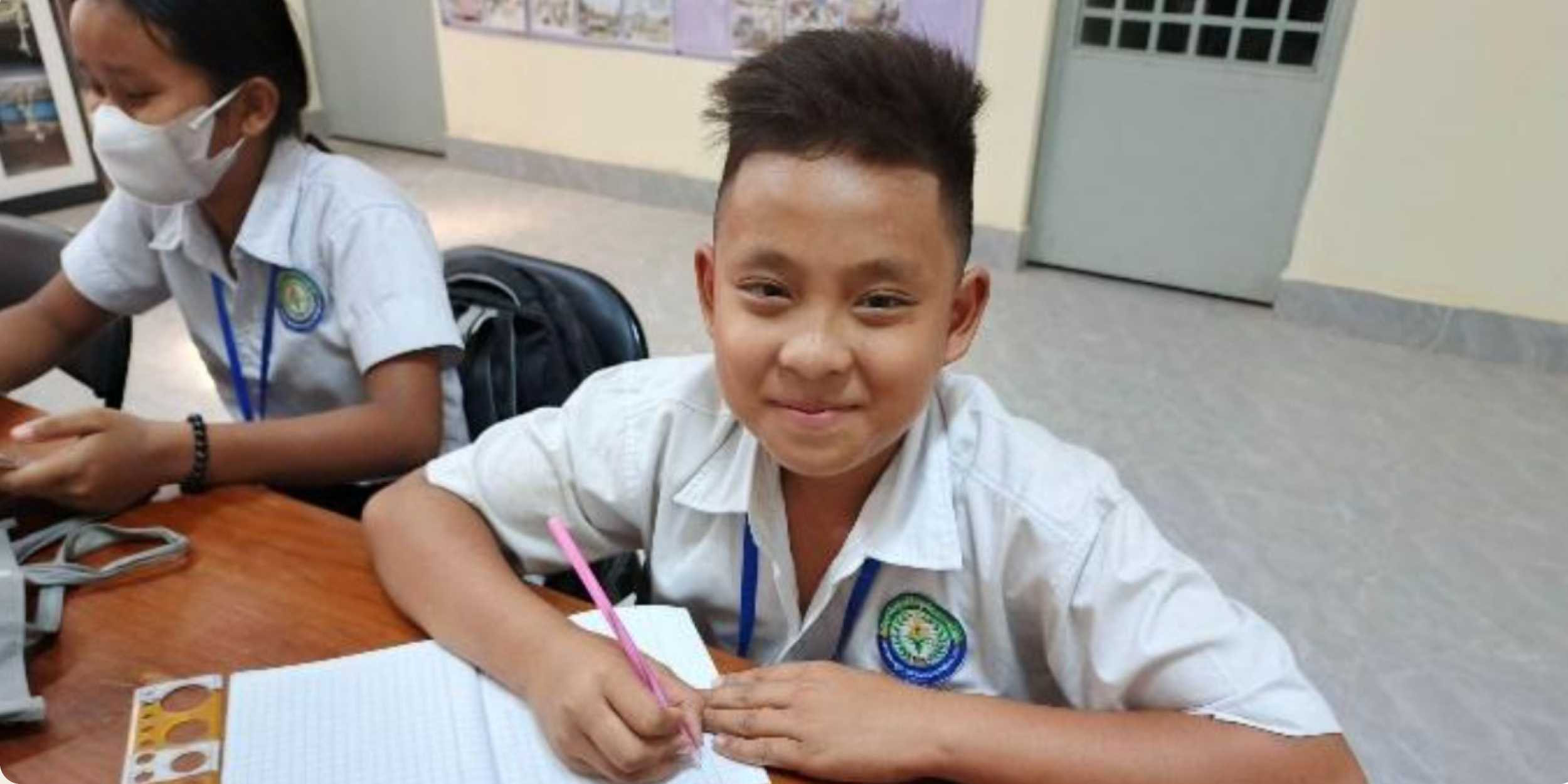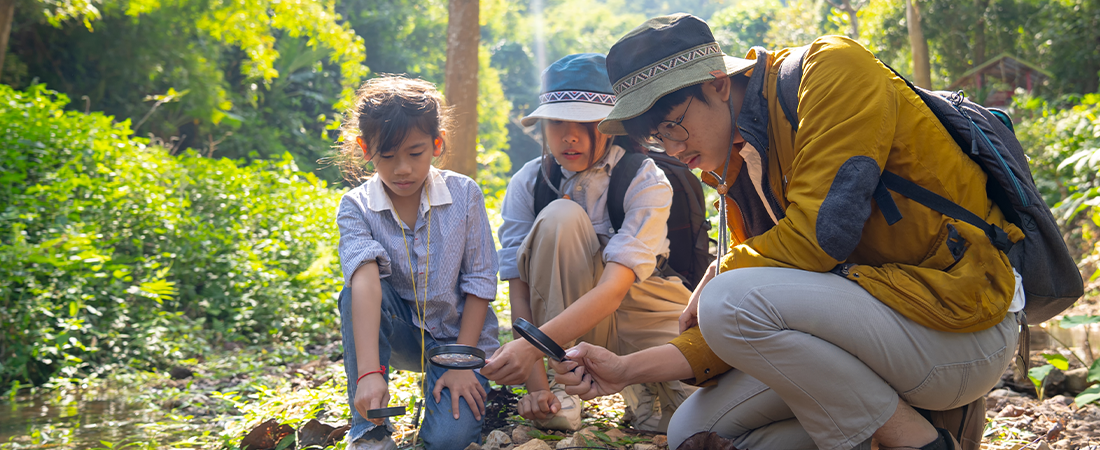Asia
EDC partners with public, private, education, and industry partners to create healthier futures and expand opportunities for youth in Asia.

Overview
With one-quarter of Southeast Asia’s population aged 10 to 24 years, the demand for education and economic opportunities has never been greater. Across Indonesia, the Philippines, and Cambodia, EDC brings together key partners to create meaningful opportunities, reaching hundreds of thousands of youth.
We enhance education through high-quality literacy programs, teacher professional development, and policy support. In 22 countries, we foster scientific literacy and promote citizen science. EDC also addresses critical public health challenges, including substance misuse and HIV/AIDS, by equipping individuals with the knowledge and skills necessary to lead healthier lives.
Partnerships in Asia
Featured Project
Community Empowerment for Racial and Environmental Justice in the Asia Pacific Region
This project equipped youth in selected ethnic communities in Indonesia and the Philippines with the knowledge, skills, and agency to build effective coalitions and move their community toward environmentally safe and sustainable practices, jobs, and habitats.
Read more






